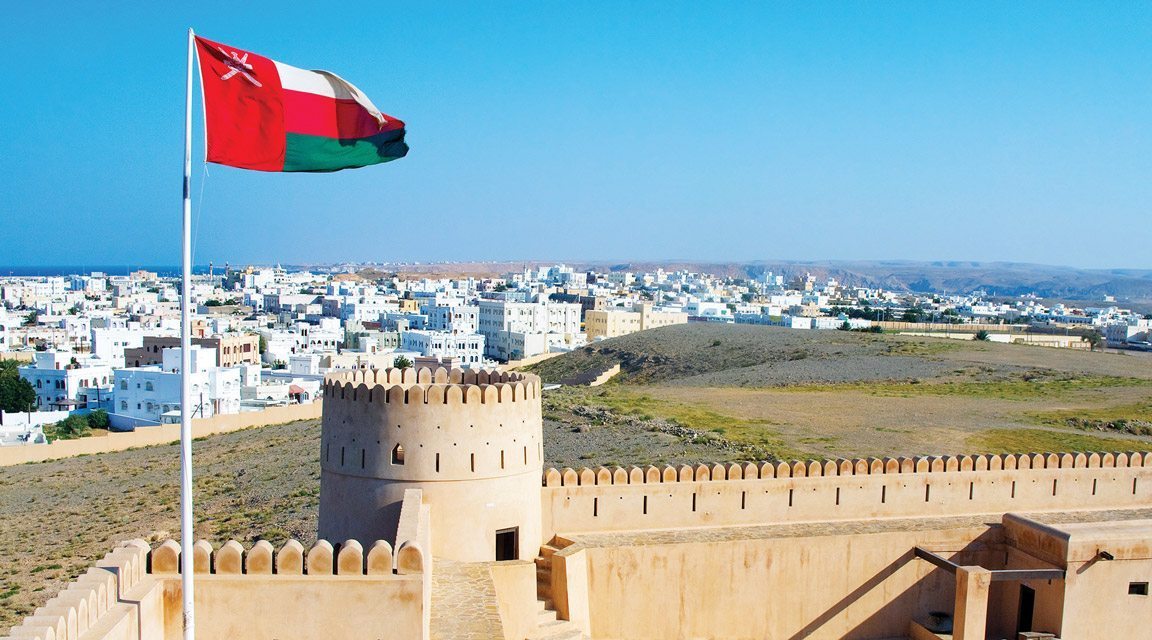

There have been very few major new projects launched in the GCC since oil prices dropped in mid-2014.
Governments across the region have cut back on capital expenditure projects, and with subdued economic growth and real estate sales slowing, private sector developers have been reluctant to move ahead with major new investments.
The exceptions to that rule have been Saudi Arabia and Dubai.
In Saudi Arabia, the government launched a string of major projects in the second half of 2017, but these schemes were high-level government announcements and have so far had little involvement from the private sector.
Dubai has been different and the private sector continues to play a leading role, but its ambitions have been mostly limited to building projects rather than the large-scale master planned developments it was renowned for before 2008.
Against this backdrop, the $13bn Madinat al-Irfan project launched by Dubai-based Majid al-Futtaim in joint venture with Oman Tourism Development Company (Omran) is a significant outlier.
It is the largest project in Muscat, and the second-largest project in the sultanate after the Duqm New Town development, which is valued by regional projects tracker MEED Projects at about $17bn.
Once complete, Madinat al-Irfan will cover 4.5 square kilometres of land next to the Oman Convention and Exhibition Centre, and will include more than 11,000 residential units comprising villas, townhouses and apartments, 100,000 square metres (sq m) of retail space, 700,000 sq m of office space, as well as cultural and lifestyle offerings.
Finding tenants and buyers for all that space is a major undertaking, but instead of worrying about the market conditions of today, Majid al-Futtaim is taking a long-term view. The company says that the fundamentals of economic and population growth in Oman remain positive, and with a project that is planned to take 20 years to deliver, this is more important than the short-term performance of the market.
The company could also be choosing the right time to build. Construction costs are low, and if projects are timed correctly they could be delivered just as the market starts to recover and is ready to absorb new space.
The move is a bold one, but for companies that believe in the long-term future of the region, it is one they expect will pay dividends in the future.
You might also like...

Amiral cogen eyes financial close
26 April 2024

Lunate acquires 40% stake in Adnoc Oil Pipelines
26 April 2024

Saudi Arabia's Rawabi Holding raises SR1.2bn in sukuk
26 April 2024

Iraq oil project reaches 70% completion
26 April 2024
A MEED Subscription...
Subscribe or upgrade your current MEED.com package to support your strategic planning with the MENA region’s best source of business information. Proceed to our online shop below to find out more about the features in each package.







